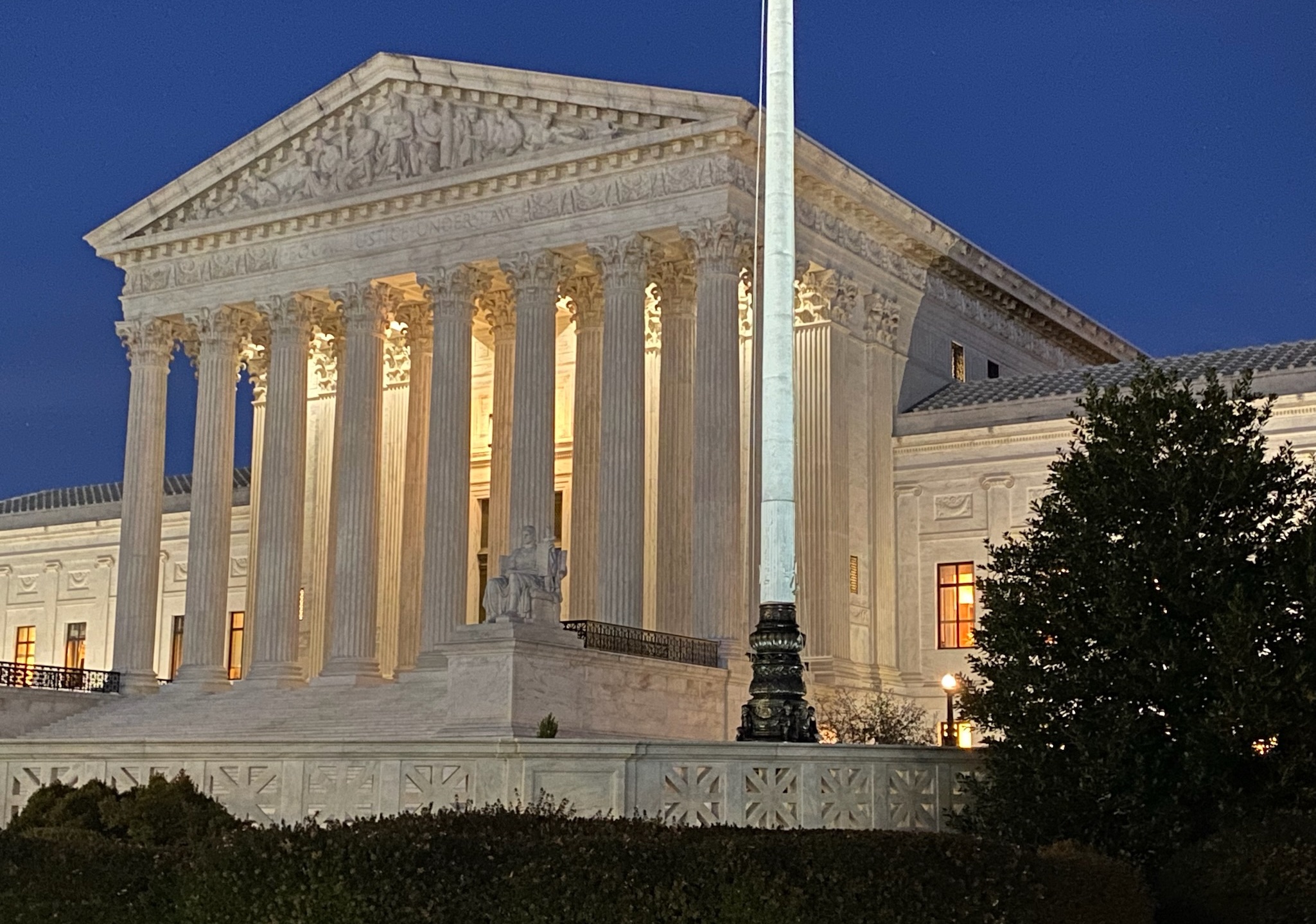Federal Court refuses stay of impeachment action despite patentee’s pending re-examination | Smart & Biggar
In a recent decision, Pfizer Canada ULC v Uniqure Biopharma BV, 2023 FC 629, the Federal Court dismissed uniQure’s motion to stay Pfizer’s action to impeach uniQure’s patent pending completion of re-examination of the patent by the Canadian Patent Office.
Background
uniQure is the owner of Canadian Patent No. 2,737,094 (the Patent). The Patent is directed to a modified Factor IX (FIX) polypeptide involved in blood clot formation. The Patent covers uniQure’s drug HEMEGENIX, approved in the United States and conditionally approved in Europe, for use in treatment of patients with hemophilia B.
In October 2022, Pfizer commenced an impeachment action, alleging that, among other things, the Patent claims are anticipated, obvious, lack utility and/or are overbroad and comprise unpatentable subject-matter. Additionally, Pfizer alleges that uniQure made material misrepresentations as to inventorship contrary to section 53 of the Patent Act.
One week after the impeachment action was commenced, uniQure requested the Commissioner of Patents to re-examine the Patent, as permitted by sections 48.1-48.5 of the Patent Act (Re-examination). A re‑examination board determined that a substantial new question of patentability was raised. In response, uniQure submitted amended claims, which it alleged were narrower in scope (Proposed Claims). The re-examination board has twelve months to render its decision, i.e., by April 2024.
uniQure’s motion to stay
In view of the Re-examination, uniQure moved to stay the impeachment action pending the decision of the re-examination board.
uniQure argued that the stay must be granted because the claims of the Patent were yet to be finally decided. uniQure further argued the scope of discovery would be largely determined once the re-examination board rendered its decision, and that certain allegations of invalidity (utility/claim breadth and patentable subject-matter) may no longer be relevant following the board’s decision. Additionally, uniQure asserted it stood to suffer prejudice as a result of having to potentially take inconsistent positions before the re-examination board and the Court.
Re-examination and impeachment may proceed in parallel, and a stay is not in the interests of justice
Refusing to grant the stay, the Court held that the impact of the re-examination board’s decision on the impeachment action is uncertain, and agreed with Pfizer that the decision of the re-examination board would not have a significant impact on the scope of discovery or the impeachment action at large. As the Proposed Claims remained directed to a variant in the FIX gene and its use in gene therapy, Pfizer’s attacks of anticipation, obviousness or material misrepresentations as to inventorship would remain to be determined. Further, any amendments would not materially affect the scope of discovery, which would encompass the inventor’s course of conduct and misrepresentation as to inventorship.
The Court was not persuaded by uniQure’s claims of prejudice. The Court stated that uniQure had always been able to choose its litigation strategy. Despite making similar requests in other jurisdictions, uniQure had waited until the start of the impeachment action to request the Re-examination. Having regard to its conduct, the Court held that uniQure could not now claim prejudice as a result of circumstances it had helped to create.
The Court also considered that the potential stay of twelve months was a long wait, and that the Patent Act suggests that re-examination and impeachment “are separate and distinct paths that can proceed in parallel.”
In light of the context of the case, including the limited impact the Re-examination may have on the impeachment action, the Federal Court dismissed uniQure’s request as not in the interests of justice.
uniQure may appeal as of right.






